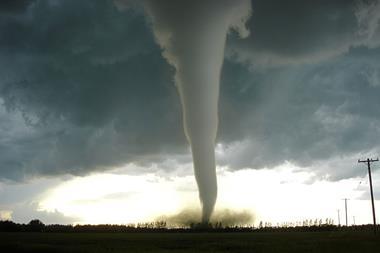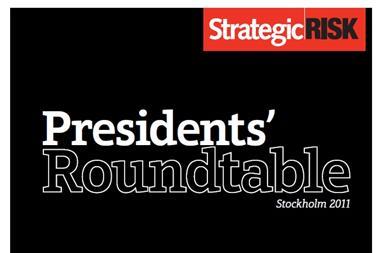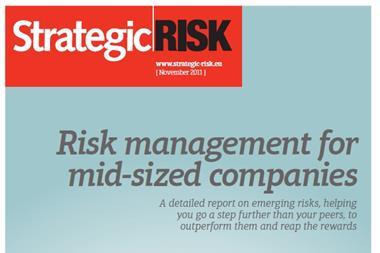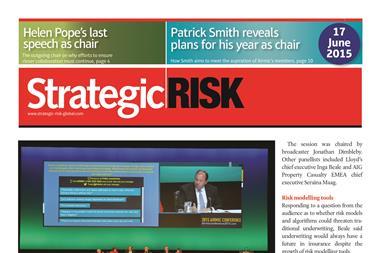A twenty page report explaining the threats facing companies in an increasingly globalised world as well as the most effective mitigation measures. Planning for the unexpected has become crucial for companies. Those that do this successfully will be the winners in the global village
TWO YEARS AGO THE FEDERATION OF EUROPEAN Risk Management Associations entitled its biennial forum ‘Global village: the future of risk management’. It was an apposite title. Almost all major European companies have become global organisations to some extent, selling and sourcing goods and services beyond the European boundaries.
For risk managers, this has led to the emergence of new challenges. They have had to learn to view risk globally with all the issues that diff erent countries and cultures can present. In the past few years, and particularly in 2011, these challenges have been very apparent. The period of recession in the west - which is still lingering for some countries - has been followed this year by political turmoil in North Africa and the Middle East and some signifi cant natural catastrophes. The most devastating of the latter in terms of impact on western companies’ supply chains was the earthquake and tsunami in Japan. These events have highlighted that companies do indeed operate in a global village.
And while European risk managers cannot prevent civil unrest and natural disasters happening thousands of kilometres away, they can put strategies in place to minimise the impact on their companies. The most eff ective mitigation measures are those taken before disaster strikes. Planning for the unexpected has become crucial for companies. Those that do this successfully will be the winners in the global village.
Click here to download this report as a PDF
Click here to view this report on a tablet or on screen



















